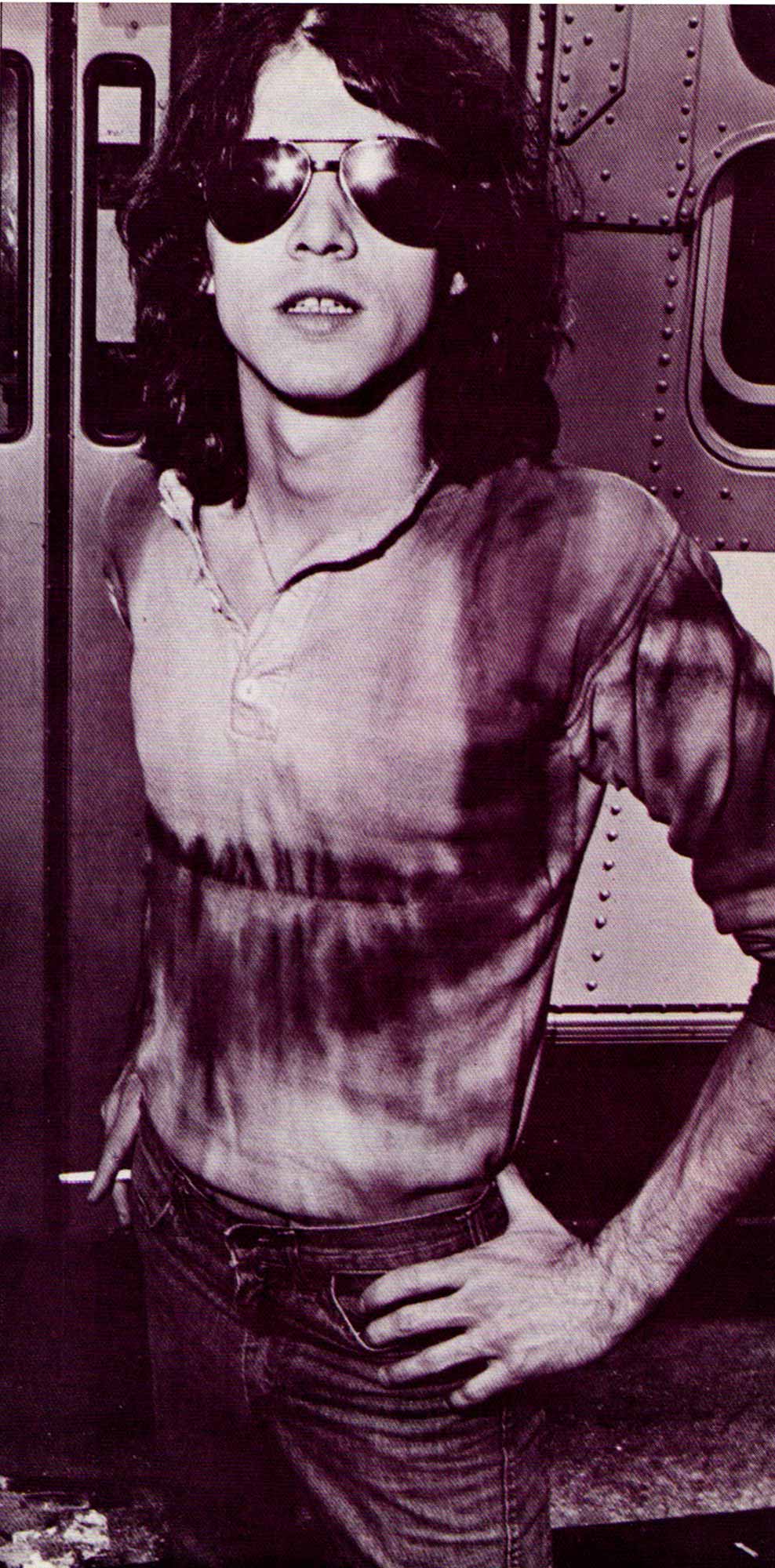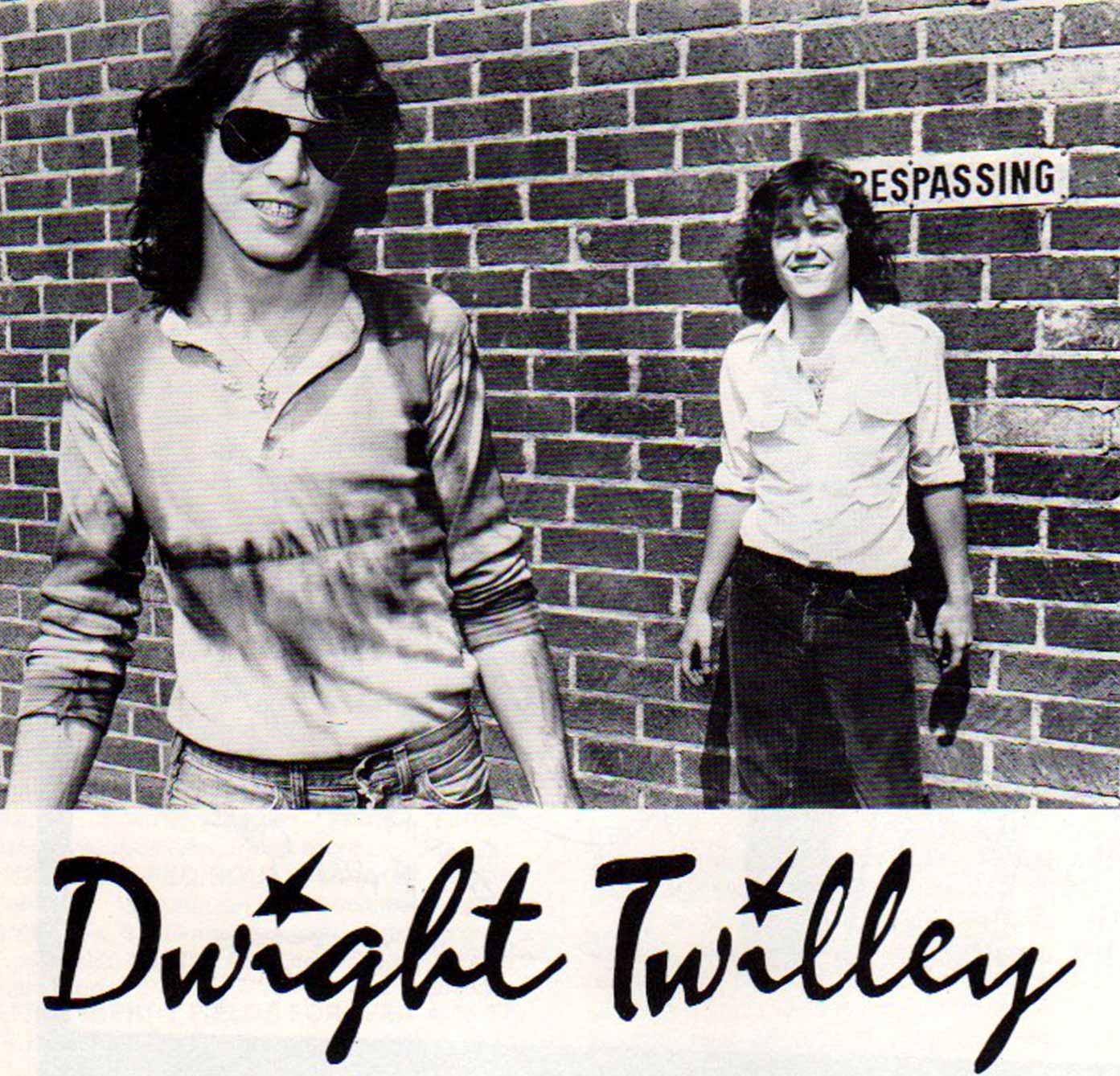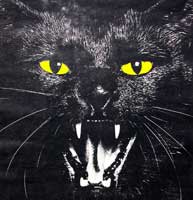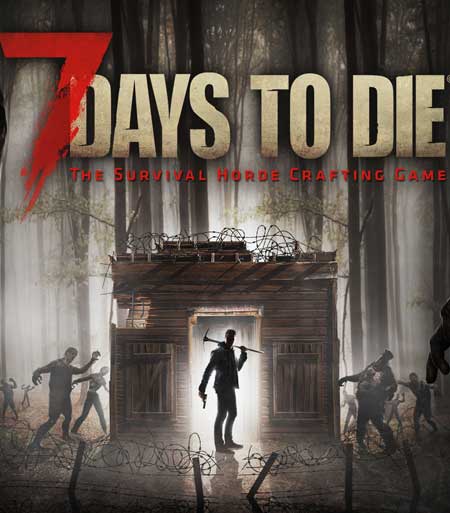Авторизация
Сейчас на сайте
Счетчики
Dwight Twilley Band
Dwight Twilley 76-77
By GREG SHAW
How splendid it is to be entering a time when the real values of rock & roll are being reinstated in the commercial mainstream. It's like everybody is waking up, rubbing the sleep from their eyes and saying hey, what's been going on here? Rock & roll used to be great—what's all this crap they're giving us? For years the hard-core fans have echoed this cry in the wilderness; now at last it's being picked up by the public at large, and a new wave of musicians.
The Dwight Twilley Band is among the most important pioneers of this new wave. When their first single, "I'm On Fire" came out last summer, its utter simplicity and honest intensity cut through the AM dross like a hot knife, going straight to the top of the charts and proving that there was hope yet for all of us.
From that point on, however, fans of the group have been more perplexed than inspired by the course of events. After such a monstrous hit, there should have been an immediate follow-up, but instead months went by with nothing. Not even an album, though it was reported that at least two LPs' worth of material was in the can. When finally "You Were So Warm" came out, the few who heard it acclaimed it the masterpiece single of the year. Yet it failed to even enter the charts. Now, more than a year later, the album has appeared and is receiving unprecedented airplay, though it's been ages since the hit and the group shows no inclination toward touring.
Who are these mysterious Twilleys who defy the system with such impunity, and seem to succeed despite all logic? The answer is as simple as their music: they're just a coupla guys who know how to make records in a style devoid of any but the purest influences, and who care about nothing except perfection. That they could achieve any success with such an unrealistic attitude is all the more evidence that quality tends to seek its own level.
I had the pleasure of meeting most of the Dwight Twilley band recently, and discussing their music with them. Dwight himself is the group's unquestioned leader and spokesman; he writes all the songs, sings most of the leads, and plays guitar and keyboards. Besides Dwight, there is Phil Seymour, who sings, plays drums and bass. Between the two of them, they work out the songs and make the records. The rest of the band consists of Johnny Johnson and Bill Pitcock, who round out the sound.
It all started around 1967, when the two of them met at a matinee of Hard Day's Night in their home town of Tulsa. In true storybook fashion, they struck it off immediately and went to Dwight's house that day to start writing songs. And for the next 8 years they did little else. They built their own demo studio and laid down literally hundreds of songs, and when they weren't doing that they listened to favorite records; piles of singles filled their rooms, things like Gene Pitney, the Beach Boys, the Chiffons, Roy Orbison, and of course Lou Christie, who was such a profound inspiration for "I'm On Fire."
Has there ever been a great rock & roll band that didn't while away countless hours of their formative years playing their favorite records and dreaming of someday surpassing them? For Dwight and Phil, the isolation of being in Tulsa was only intensified by the isolation they felt from the mainstream of what was called 'progressive rock' in the late '60's and early '70s, forcing them all the more to examine their roots and refine their music to avoid the excesses they saw being perpetrated on all sides.
Various stabs at taking their music beyond their living rooms led nowhere. With a group called Oister they played small clubs in Tulsa. On a trip to Nashville in 1969 they met producer Ray Harris who was interested in them, though nothing came of it. In '72, Phil joined a band called El Roacho and Dwight started a group with Bill Pitcock, called 1950. Neither project went anywhere, and the two ended up back together again, in Los Angeles, where a demo tape reached Shelter, whose Denny Cordell promptly signed the boys. Ironically, though Tulsa is Shelter's home base, they had never seriously considered approaching the Leon Russell-dominated label.
 After "Fire" came out and began burning up the charts, Cordell decided to send Twilley & Co. to England for some more recording. They spent two months there, cutting an entire album with producer Robin Cable. But Cordell wasn't satisfied and only one song, "England", made it onto the final album. Another from those sessions, "Sharks" was scheduled as the follow-up single to "I'm On Fire", and though it was a charming pop number with the same hard-edged guitar sound that pushed "I'm On Fire" to the top, it was at length rejected for fear of association with the exploitative "Mr. Jaws" trend that had arisen since the song was recorded.
After "Fire" came out and began burning up the charts, Cordell decided to send Twilley & Co. to England for some more recording. They spent two months there, cutting an entire album with producer Robin Cable. But Cordell wasn't satisfied and only one song, "England", made it onto the final album. Another from those sessions, "Sharks" was scheduled as the follow-up single to "I'm On Fire", and though it was a charming pop number with the same hard-edged guitar sound that pushed "I'm On Fire" to the top, it was at length rejected for fear of association with the exploitative "Mr. Jaws" trend that had arisen since the song was recorded.
So after months of indecision, "Shark" was scrapped and "You Were So Warm" released. And just as it was 'bubbling under' the charts. Shelter was hit with a final round of the legal problems that had kept it in a sort of business limbo for a year or more, and as a result they were unable to support the record as it should have been. So it was lost.
But that was all '75, and now it's '76 and the album is out, it's great, and we can see much more clearly where things are at with the Dwight Twilley Band. In the course of a dozen songs, ranging from hard rockers to breathy ballads, we can discern a style that, while deceptively simple, is also strikingly original.
Initial similarities with Beatles and other mid-Sixties British groups quickly disappear. There's a lot of John Lennon in "I'm On Fire" and the weird arrangement of "Sincerely", but really, thei sound is so spare and polished that comparisions just slide right off it.
"Everybody always said they heard Searchers and Hollies and Zombies and things like that," says Dwight, "but I get none of that. No Searchers or Hollies song ever influenced me to tie my shoe. Some of their songs were okay, but if anybody influenced us besides the Beatles and Elvis, it was the Bee Gees."
Mainly, though, it seems to have been Elvis. The album's biggest surprise, to me, was "T.V", authentic rockabilly thumper based largely on "King Creole." After years of listening to hardly anything but the Beatles, Johnny Johnson turned Dwight and Phil onto the early Elvis things.
"We had never realized that he was actually as good as all the records he sold. For us, it was just like the Beatles had just come out, because we'd never heard any of that stuff before. He was as good as the Beatles; it was the same thing. There was no difference between the snare drum on Elvis and Beatles records. Elvis was the greatest singer, he looked better than anybody, he danced better than anybody, his songs were better than anybody's, and it was the same with the Beatles. Nothing else did anything for me. And I think we learned a lot from that."
The Elvis influence shows up in the emotional strength of Dwight's singing, in the simple bass-drums—one guitar sound of the record as a whole, and more specifically in songs like "T.V." and "Losing You", with its "One Night" guitar riff. Their ability to mix this with the subtleties of Beatle production and their own approach to echo, gentle harmonies, and evocative 12-string guitars, is what gives the group its style. The more you play the album, the more you grow to love the little touches that enrich each song. You find yourself asking, how can anything that sounds so plain and uncomplicated mask such complexity?
The Dwight Twilley Band is one of the healthiest things to happen to pop in the '70s. They grew up with the highest standards in rock & roll, and have dreamed of nothing less than creating a teenage sensation, pouring out waves of hit singles, enlisting legions of screaming teenage girls, and becoming the next phenomenon.
"When you start thinking about it," reflects Dwight, "there's really only one thing. It's the pop thing, the super-pop thing as we call it; it's a romantic ideal, but we're romantics, and going to the limit is what rock & roll is all about. We're gonna try and go all the way with it."
1976-1977
***






Letzte Kommentare
Artikel
Fotos
Eigene Seiten